I’m
Madeleine Craig
I’m a
Family Addiction Educator
and Life Coach
I can help you reclaim your life from the chaos.
Navigating a loved one’s drug or alcohol abuse is fraught with so many pitfalls.
You get conflicting advice – and you feel so conflicted – about what you should do.
You struggle between trying to help your loved one and how much their alcohol and drug use hurts you and others.
Your loved one uses every “mistake” and potential misstep against you, perhaps blaming you for the use or claiming you are the one with the problem.
Other family members may also be piling on, arguing with you about what is the right thing do do.
You have so much anxiety about what could happen and what you should do to try to prevent it, you struggle to think straight.
Not surprisingly, you fear you will never be able to figure this problem out.
Meanwhile, it’s turning your whole life upside down.
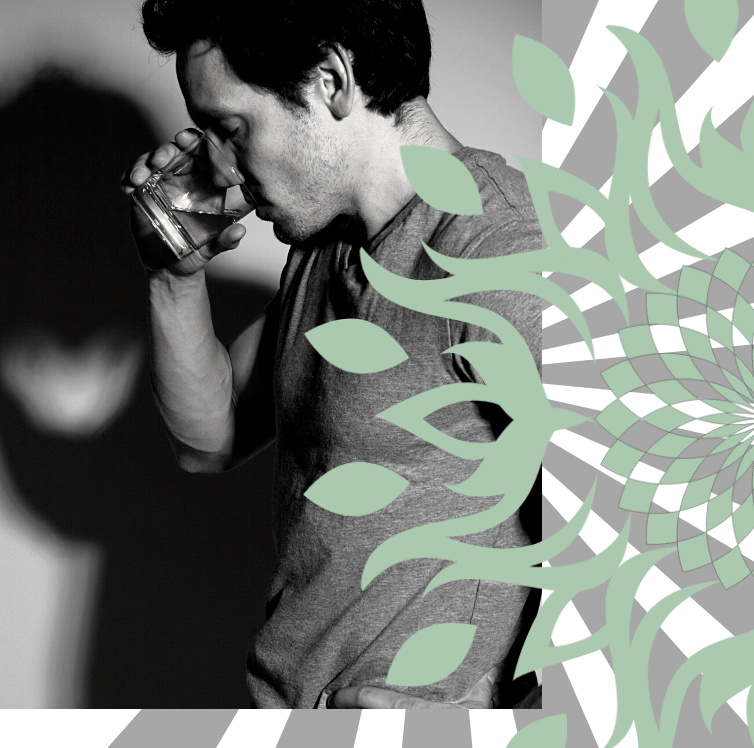
LET’S STOP THAT CHAOS.
RIGHT HERE.
RIGHT NOW.
My Methodology
Discernment is at the core of everything I do.
There is no one right answer to a loved one’s substance use disorder.
Addressing a loved one’s drug or alcohol use is not a straightforward process. It’s complicated, with considerations that have to be made for both the addicted person and the family. Furthermore, there are no guarantees.
So I can’t offer you easy solutions. They just don’t exist.
This is why discernment is at the core of all of my work. It’s what I help all my clients do.
But discernment is really difficult in the face of the chaos a loved one’s use creates.
This is why the work I do with families is always a combination of both education and life coaching.
There are certain things families need to understand in order to make informed decisions. But that doesn’t mean there is one right answer. More often than not, there isn’t.
In the current landscape where there is no known cure for addiction, the best that families can do is make the best informed choice for their own situation. This is difficult to do when when a loved one’s drug or alcohol use is putting so much on the line and you’re worried day and night about what could happen.
And this is where coaching comes in.
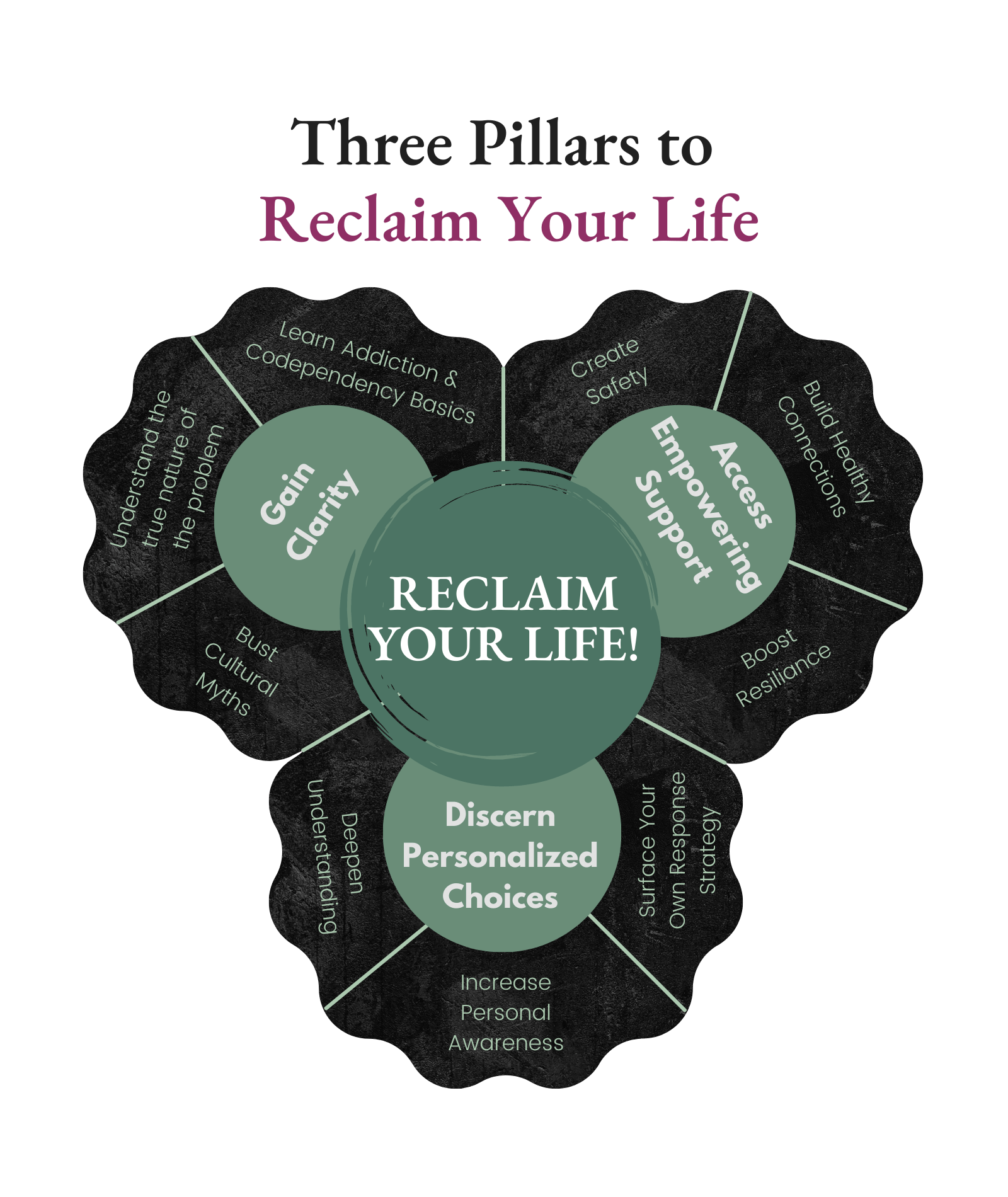
FIRST: GAIN CLARITY
Foster awareness about the exact nature of the problem and potential solutions. Because the problem presents conflicting issues and there is no one right solution.
Creating awareness about these things is what the 5 Ways to Have a Positive Influence on a Loved One’s Substance Use Webinar is all about.
SECOND: SOURCE EMPOWERING SUPPORT
Provide EFFECTIVE support. Because change is damn near impossible in isolation. And addiction tends to divide and conquer family members, depriving us of the support of other family members just when we need it most.
This is is the purpose of The Family Addiction Support Community.
THIRD: DISCERN PERSONALIZED CHOICES
Offer the education that allows family members to navigate the fraught terrain of both a loved one’s substance use and the recovery options in an unregulated recovery industry.
And provide the coaching needed so family members can effectively discern their own personalized solutions and next right steps, not someone else’s. No second guessing required.
THIS is the mission of my 1:1 Coaching programs.
my story
White, middle to upper-middle-class, and at one time, quite high-class backgrounds. One grandfather grew up next door to the Kennedys. Another was a former US Representative and then Lieutenant Governor of a midwestern state. My grandmother got invited to Warren Buffet’s parties.
Myself, I grew up in a super cute yellow Dutch colonial in an average city in that same midwestern state. I got straight As in high school and then went to a prestigious women’s college on the East Coast.
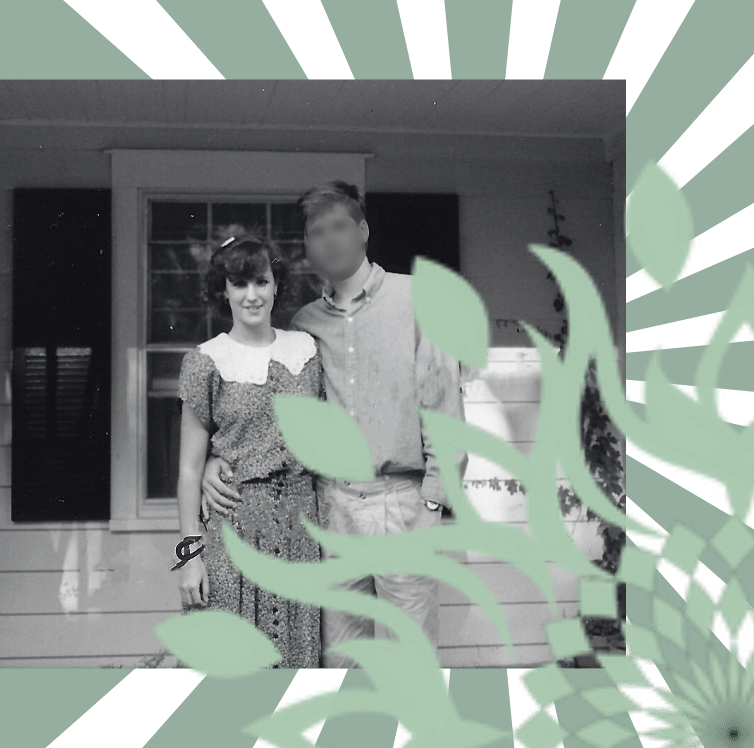 I, too, had learned the skill of looking good.
I, too, had learned the skill of looking good.
But behind that smart looking veil was a lot of alcoholism, drugs and mental illness.
Alcoholism and its effects on families are a big factor in why my grandparent’s wealth and those connections were gradually lost in subsequent generations.
Behind the black and white door of that adorable Dutch colonial was a seven-year-old girl and and her brother frozen in fear on the stairs watching their drunk step-father trying to strangle their mother, too terrified to move, despite her screams to call the police. It was the neighbors who had to make the call.
I was both deeply ashamed and deeply confused because, although our mother was the victim in this scenario, she was not at all innocent. She had her own issue with pills. And she was so wrapped up in our step-father’s drinking that she couldn’t see her own behavior, her own mental illness, or be there for her kids. She, too, did not move to intervene when we were the victims, insisting she was the only victim of his abuse.
And damn, I sure could have used some help navigating that.
So that smart girl went to that prestigious college feeling like an absolute fraud, terrified she’d be found out at any moment.
She pursued advanced degrees feeling the same. No level of achievement changed that.
If you’re familiar with family roles in addiction, I was the hero child.
But when it became clear that all that effort to be good and do well wasn’t going to fix anything, I then shifted into the role of the lost child.
I struggled to consistently pursue my dreams, unsure of what I really wanted if I couldn’t have my family whole.
I was unsure if life was even worth living if I couldn’t have that desperate wish. Still feeling like a fraud, I struggled to believe I was even capable, despite overwhelming evidence to the contrary.
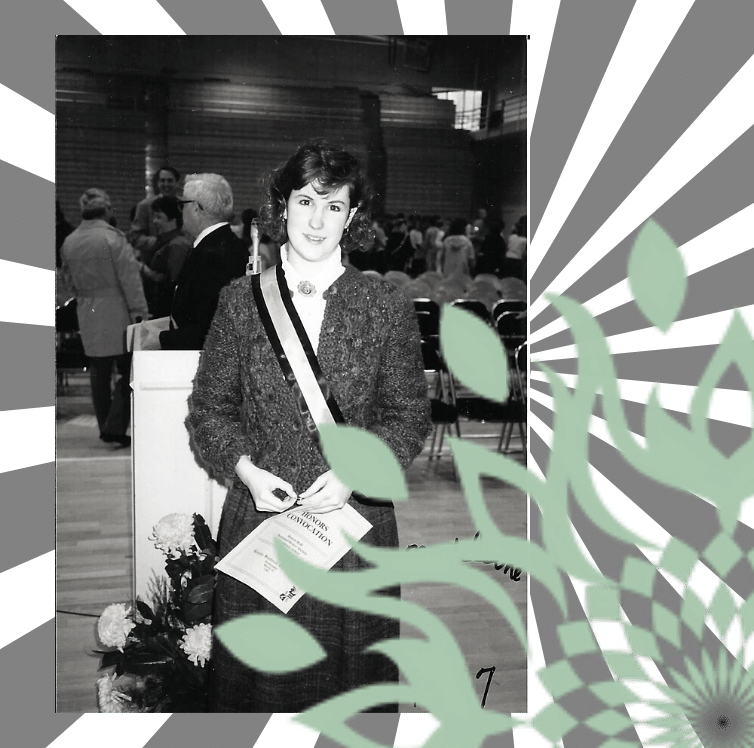
And damn, I sure could have used some help navigating that.
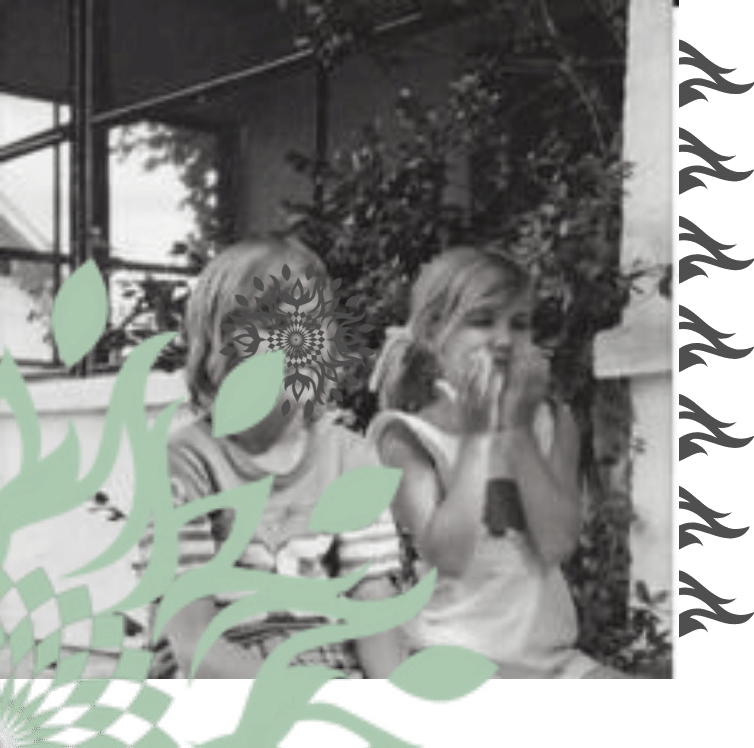 12-Step recovery is a very powerful tool, and it did wonders for my self-esteem, but it’s not perfect.
12-Step recovery is a very powerful tool, and it did wonders for my self-esteem, but it’s not perfect.
It can be very off-putting to those not comfortable with the use of the word ‘God.’ Victims of religious abuse especially might struggle with that.
And it doesn’t solve every aspect of how addiction affects families.
For one, the 12 Steps do not resolve PTSD, and family addiction results in complex PTSD for many family members, especially children.
I was one of those people with undiagnosed PTSD wondering why other people in the 12-Step fellowship were getting so much better than I was, despite the fact that I was earnestly working the Steps too.
Also, at least 40% of people with a substance use disorder have a co-occurring mental disorder, just like my mother did. In 12-Step circles, that co-occurring mental disorder is considered an outside issue, despite the fact that in terms of behavior, it can be damn near impossible to separate the mental disorder from the substance use.
Thus I felt like I could only bring half of my struggles to a meeting.
And damn, I sure could have used some help navigating that.
All my life, and to this day, my closest family members have insisted that they have no problems with alcohol or drugs.
When backed into a corner, they minimized the severity of their use, denied any mental illness, and insisted that I’m one with the problem.
And for a long time I thought that either I must be crazy, or I just hadn’t done a good enough job explaining what they were doing that was hurting me and others.
I just had to try harder to find the right words, ignorant of the fact that no amount of explaining was going to get through.
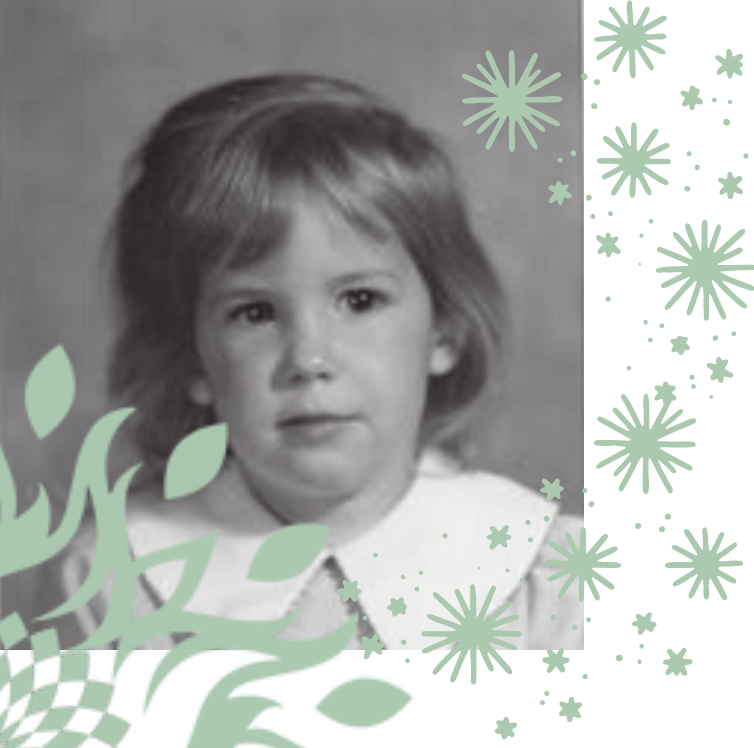
And damn, I sure could have used some help navigating that.
For better or for worse, my story is not at all unusual.
Addiction and substance use disorders are some of the hardest, most mind-boggling challenges families can face.
And a loved one’s addiction so often creates dysfunctional relationship dynamics that tend to divide and conquer family members, depriving family members of their most immediate source of support.
Sadly, a similar dynamic often plays out in the recovery and treatment community.
Many adherents to a given recovery methodology often plant their flag, claiming the solution that worked for them is the only solution.
And if you’re not drawn to that solution, their response is that “you’re just not ready, yet” or “it just hasn’t gotten bad enough” as if you’re not worthy of help and support until you’ve suffered even more.
I’ve seen numerous online support groups for families demonizing the addicted person and judging family members, with no understanding that addiction is a disease and a poor understanding of codependent family coping behaviors that can exacerbate the problem.
And with this lack of knowledge, they perpetuate an unproductive (and sometimes destructive) “us vs. them” mentality.
But studies show that when families get their own support and work on their own healing, treatment outcomes improve significantly.
This is because dysfunctional relationship dynamics don’t magically go away just because a loved one recovers, and those dynamics can make sustaining recovery harder.
And yet, the vast majority of treatment programs out there offer no meaningful programming to support families in healing, even while they’re actively preying on family members’ pain and fears to help them fill beds in their facilities.
I’ve even seen 12 Step recovery programs for addiction arrogantly and ignorantly claim that Medically Assisted Treatment is not abstinence or recovery, turning addicted people away from a treatment tool that has been shown unequivocally to keep people alive so they can recover.
No doubt, some of them die believing these misguided claims.
The whole landscape can be a minefield.
Could you, too, use some help navigating all that?
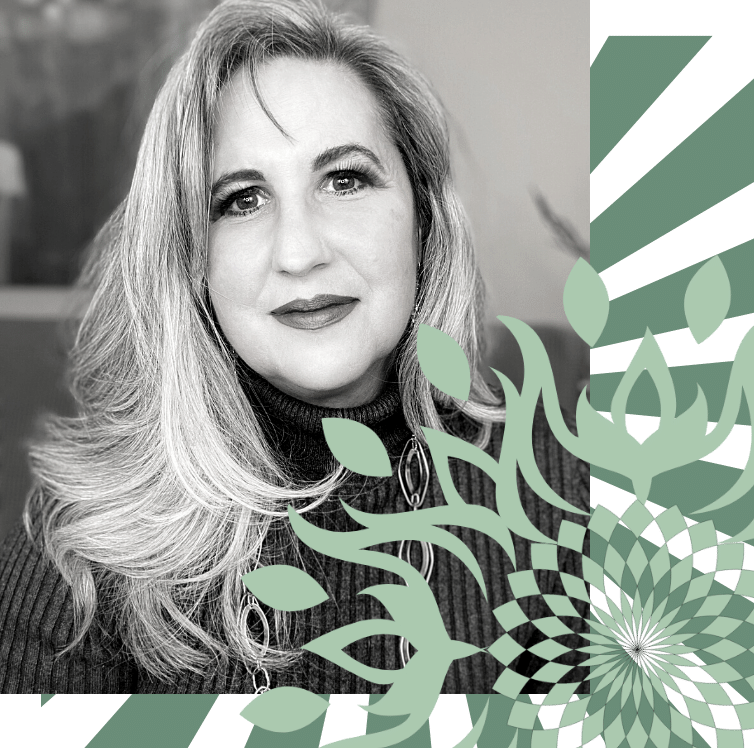
That’s why
I’m here.
To help you:
- Stop the “divide and conquer” dynamic both within our families and within the treatment and recovery community
- Better understand the problem of addiction and codependency in families
- Make caring and informed choices around your loved one’s drug or alcohol use
- Compassionately set boundaries
- Sanely navigate the complex challenges of substance use
- Support recovery for all family members
All with a supportive, informed, and understanding community.
Ready to Get Started?
I invite you to check out
5 Ways to
Positively Influence a
Loved One’s Substance Use
People say you can’t control someone’s drug or alcohol use.
And that is true.
But it’s not the whole truth.
Research in cognitive behavioral therapy shows that
you DO have influence.
Learn how to have a positive influence in this 7-Week course.
Why do this work with me?
Part of my own recovery journey had me working with other families affected by a loved one’s substance use. I have worked extensively both as a volunteer in 12-Step service work and professionally as the Manager of Family and Spiritual Recovery in a non-clinical recovery center in Minnesota.
This work showed me that I am especially adept at emotionally connecting with family members who are hurting and struggling.
That has become my superpower.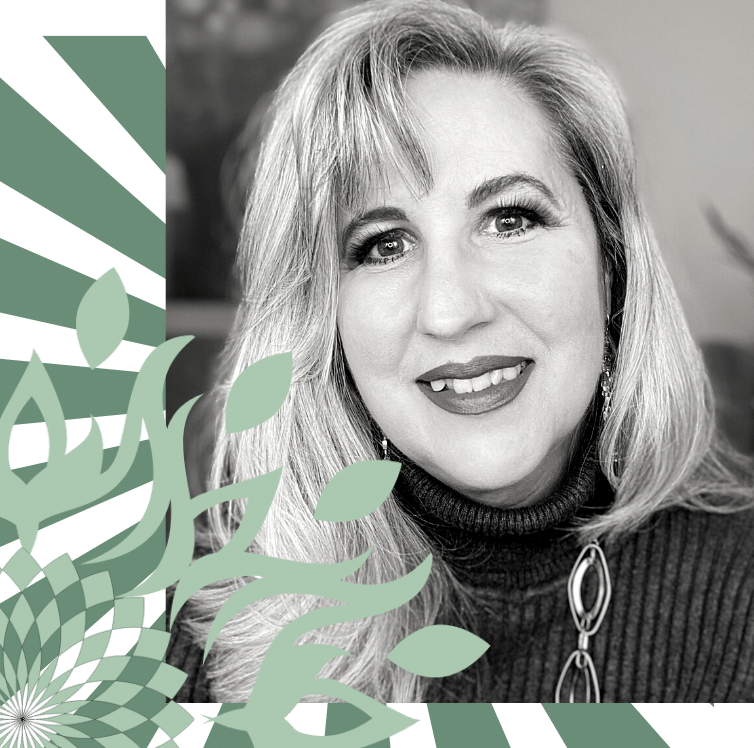
I’m not kidding or exaggerating here.
My first day on the job at the recovery center, a father, when he learned it was my first day, gave me a horrified look of “Oh shit! We got the newbie!”
At the end of the program he came up to me and said, “You really have a gift for this.”
I am an emotional deep-sea diver. I am an excellent speaker. And I can put words to experiences that others struggle to name.
And I’m still whip smart. I have extensively studied and analyzed the research on both addiction and codependency. (The degrees from fancy schools have indeed been useful after all.)
Furthermore, I’m a skilled teacher and facilitator. Have been for over 20 years.
And I have combined all of this personal, professional, and scholarly experience to create what I believe is the most comprehensive program to support families struggling with a loved one’s drug or alcohol use out there.
Madeleine is just amazing with family members. She is loving, kind and willing to be raw and vulnerable in her work. She clearly gets it. And she has this magical ability to shift seamlessly from knowledgeable facilitator to compassionate friend who is walking the same journey in the trenches of this horrible disease. I wish that I, and my family, had met her when I was still drinking.